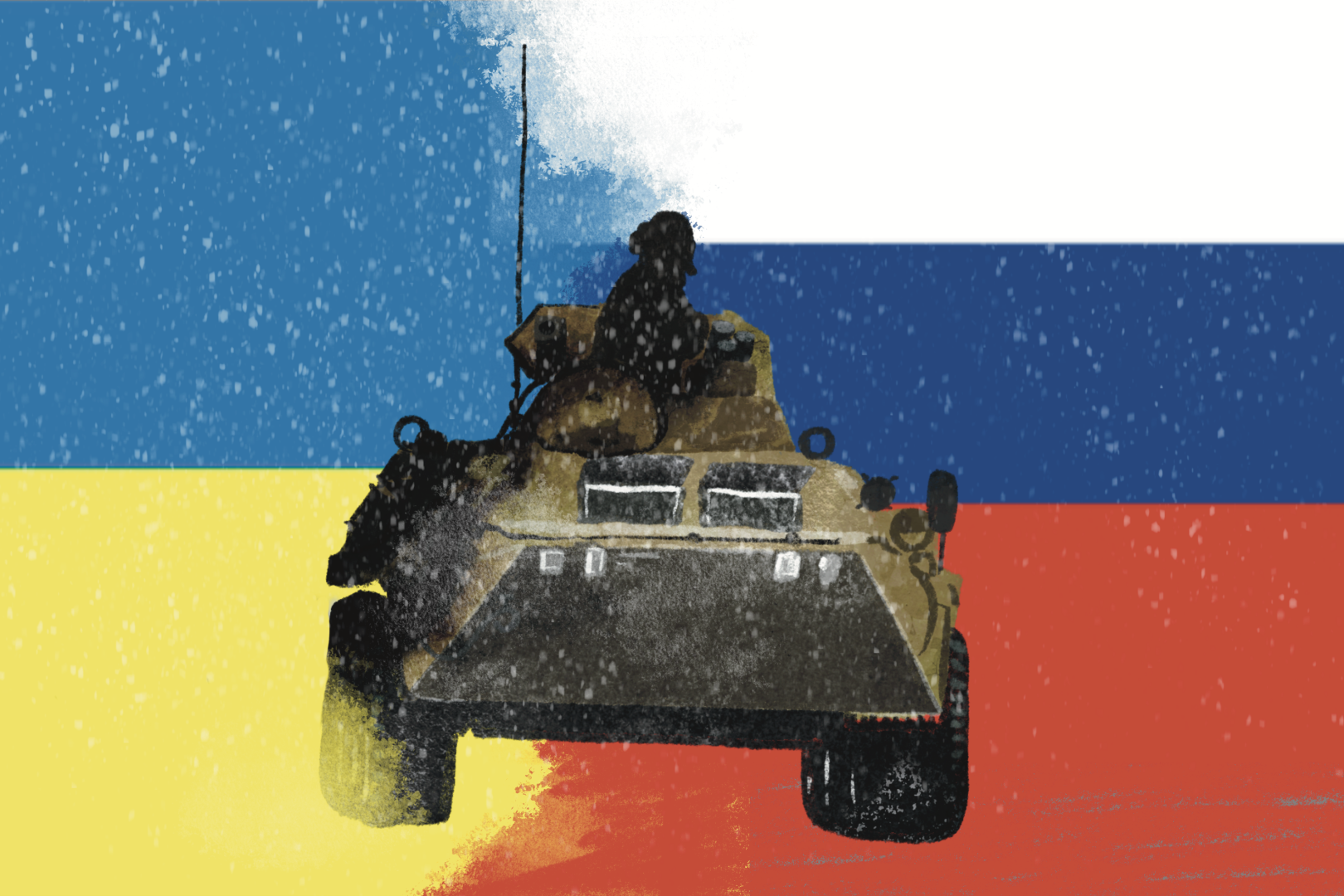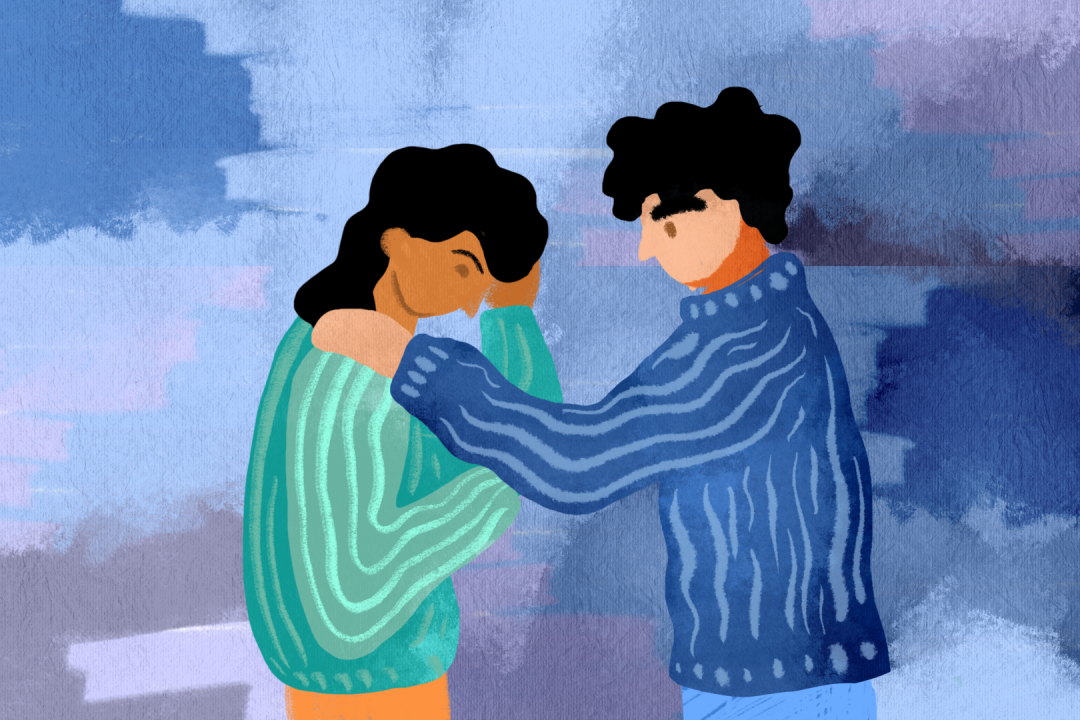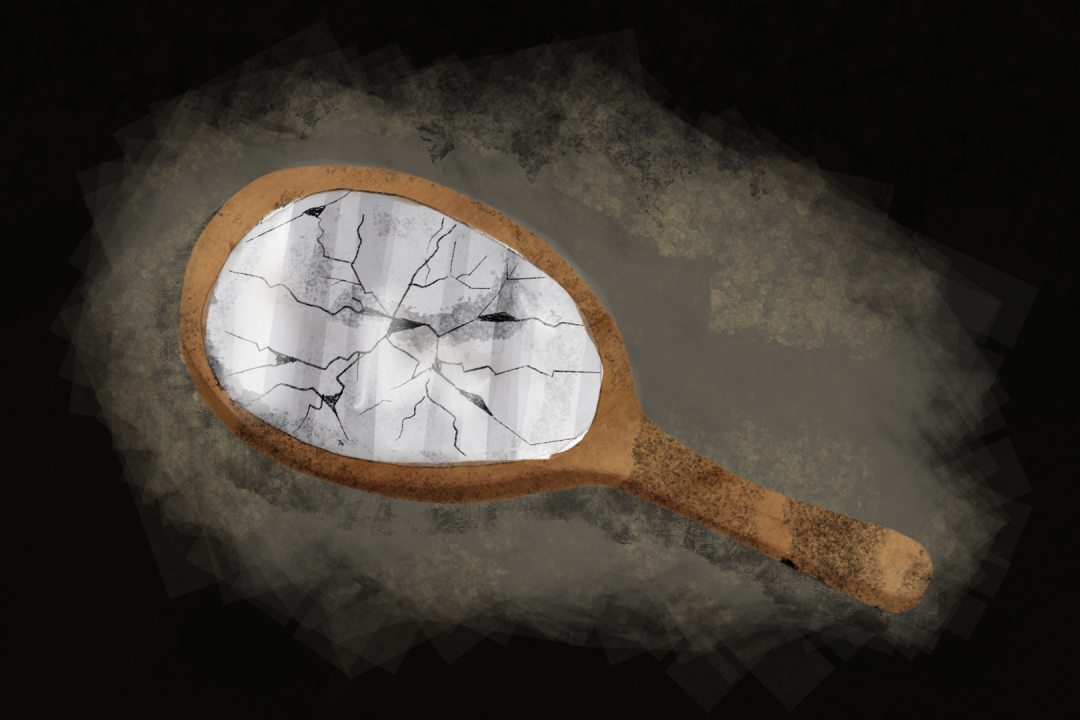
Understanding Russia’s War against Ukraine
By: Ali Hazim
The overall area of Russia and its surroundings has witnessed a long conflictual history extending for over a century ranging from engagement in the confrontation of state armies at regional and international levels such as World Wars and the Cold War. Such events allowed the formation of treaties, alliances, and agreements described necessarily to justify favorable causes. Russia’s recent invasion of Ukraine is linked to previous events such as the formation of the North Atlantic Treaty Organization (NATO), the collapse of the Union of Soviet Socialist Republics (USSR), and the Crimea war in 2014.
Many factors have led to Russia’s invasion of Ukraine. Assessing the situation today requires identifying the parties in conflict, the central matters and issues the crisis is about, how the parties justify their actions, and what their objectives are. We also ought to state how this issue affected or still affects the diverse levels such as Individual, State, Region, and Global, negatively.
The Formation of NATO
The formation of NATO dates back to 1949, initiated by Henry S. Truman who became president of the United States after the death of President Roosevelt. NATO is seen as the most successful and powerful alliance system in the world. The Western European Union (WEU) was formed in Europe among members such as Great Britain, France, Belgium, Netherlands, and Luxemburg. With the US getting involved NATO was formed. Due to the popularity that communism started to gain, the primary cause of NATO was to oppose the widespread influence of communism both in the region and globally. Understanding the formation of NATO is crucial for investigating the current issues between Russia and Ukraine. Then the Iron Curtain, a geographic division of territory split by an imaginary line based on the influence of Capitalism in the west and Communism in the east, was set, Ukraine was unofficially declared part of the Soviet Union with no objection. To this day, NATO operates in a collective security manner, meaning if one member of the treaty organization is attacked then all members come to aid the aggressor.
The Collapse of the USSR
The collapse of the Soviet Union does not refer to a defeat in battle but rather a failure in the economic and political system that marked the end of a long, brutal, and decisive Cold War that harmed the countries that had minimum relations with those involved. The collapse of the USSR was made official in December 1991 when the Soviet flag was lowered and the new flag was raised in the Kremlin, Moscow. George H.W. Bush Sr. was president of the US at the time and after the collapse of the Soviet Union, he recognized the independence of 12 republics that were previously under the Soviet Union, one being Ukraine.
The Crimea War 2014
Russia justified its interventions in Crimea, claiming the area and its people as culturally Russian. According to Russian Federation law, the so-called cultural Russians have the right to act self-identification, and are to be protected by the Russian Federation labeled as ‘Russian Compatriots Aboard.’ The Maidan Revolution is an example of a time when the former president of Ukraine Viktor Yanukovych fled the country because he declined to sign the agreement on free trade with the EU due to pressure from Russia. The people of Ukraine showed their approval and in the absence of the president, a new Ukrainian government was established in 2014 (Hernandez, 2022). As a result of the war, Russia annexed Crimea legalizing it by a vote in the parliament and a secession referendum with a 97 percent vote in favor of joining the Russian Federation. The US and European Union never recognized the annexation and condemned the act of using military force to seize territory, an event that has not happened since the second world war (Sullivan, 2022). The military confrontations stopped after the Minsk Agreement initiated a ceasefire alongside other factors that had a role in temporarily quieting the situation in Crimea between Ukraine and Russia.
The Russian Invasion of Ukraine 2022
Distinguishing parties involved get complicated depending on the stages and the level of the conflict is at. The two major parties and officials are Russia and Ukraine. The relations between the two countries have affected the conflict and conveyed the outcomes which is a conflict itself. Before tensions got to the present point, both the Ukrainian government and the people of Ukraine desired to join NATO. Polls showed that Ukrainians had intentions of joining the EU and NATO alliances by membership, more than half surveyed wanted EU membership and up to 40-50 percent wanted to join NATO, this, of course, does not include residents of Crimea and the region in the east. When Russia opposed this, the United States and NATO by the order of President Biden deployed around three thousand US troops to the neighboring NATO member countries of Poland and Romania to reassure its allies.
The primary reason for Russia’s invasion of Ukraine was Russia’s feeling of humiliation because of NATO surrounding its borders. It is important to note that the sole purpose of NATO was to fight the widespread influence of the Soviet Union globally. However, since the collapse of the USSR in 1991, the Russian Federation believes instead of NATO being diminished, it gained greater power and was expanded further rather than being done with its cause. Putin and leaders in Russia state that there have been several violations in regard to the expansion of NATO in the former Soviet Union territory and that now the Russian Federation will not sit and watch.
Donbas Region - Donetsk and Luhansk Republics
Another justification for the invasion was Russia’s claims to the Donbas region in southeast Ukraine. The Donetsk and Luhansk region, collectively known as the Donbas region, is controlled by separatists with support from the Russian Federation Government in Moscow. It is important to mention that majority of residents in the Donbas region are Russian speaking and under such circumstances, Russia justifies its actions in the region. Putin recognized both the Donetsk People’s Republic and the Luhansk People’s Republic on the 21st of February in 2022 and signed agreements on an alliance in a friendship frame, mutual assistance, and cooperative action against aggression and oppression. In other words, Russia has now created an endless gateway of engagement in military actions in Ukrainian territory, and on the slightest notice can label certain acts as aggression against separatists and provide the necessary support to initiate their invasion of Ukraine via the Donbas region. It is fair to state that the regime in the Donbas region is close to those of totalitarianism because foreigners (especially Ukrainians) are prohibited to enter the territory unless they have relatives where all sorts of communications are monitored by the government established and not central with Ukraine after incidents of 2014. In addition, the separatists’ groups and regions are inspired by the ideas of Neo-Stalinism. There are statues of soviet founder Vladimir Lenin and the constitution followed in the region is from the Stalin era.
Causes of War
Using Kenneth Waltz’z method of analysis, on an individual level of analysis, we see that decisions made by Russia and specifically by President Putin were not rational judging from the resistance of the Ukrainian government and people and the individuals around Putin saw matters in a way where they felt victimized and denied any other way of viewing the matter based on the Cognitive model. Lastly, decisions were made by an affective model where Putin’s decisions were mostly generated from the feeling of humiliation that a former soviet territory would surpass the expectations of a higher power and he felt insecure about the fact that president Zelensky was gaining popularity. Putin also called on the Ukrainian Army to overthrow President Volodymyr Zelensky on February 25th. It is accurate to accuse Putin of the war and all other means of justification sayings as “De-Nazification” to justify the invasion only serve his individual purpose. Such claims have been deemed false since Zelensky himself is Jewish and many of his relatives suffered and were killed in the Holocaust. Putin has been perceived as a war criminal due to the decisions he has made considering that there were many other approaches and options that could have been less violent. The invasion shows the traits of Intrastate where most of the fight serves the purpose of ethical and national views on the matter. Putin’s inner circle of advisors and oligarchs have also been taken into consideration on an individual level of accusation since it is possible that they have influenced the actions and decisions made by Putin for their individual motives and gains.
Russia’s Objectives
The primary objective for Russia is to limit and stop NATO’s expansion because Russia has alerted the west and Ukraine many times stressing the point of NATO’s expansion. Also, the objective is the demilitarization of Ukraine because the supply of arms by the US and EU members proves indirect involvement in the issue which has led to the escalation of tensions in the first place. The Russian government has sensed the rise of ultra-nationalism in Ukraine where they compared them to the Naz Party in Germany. The war also serves the purpose to stand up to the US, EU, NATO, and mostly the west’s expansion and influence, some could argue it is like the cold war but with aggression added. Russia minimally aims to divide Ukraine and its idealistic objectives are to establish a government under Russia’s influence and control. Ukraine and Western powers’ objective is to solidify the resistance and continue to fight until their demands are met but, it is fair to say that the matter is not being approached strategically. The West have imposed severe economic sanctions on Russia by prohibiting their natural resources export and inhibiting the Swift system in order to restrict monetary and financial transactions. They will ideally drive Russia to a long duration of the war until they are economically exhausted. The other side to this is harm to the countries dependent on what Russia’s gas and oil. Another unrealistic expectation by the West is their hopes that if the sanctions are imposed over an extended period of time, Putin may be removed by his inner circle and the people of Russia.
Why the UNSC and NATO cannot intervene in direct confrontation?
The United Nations Security Council cannot intervene in the Russia-Ukraine Crisis because Russia is a permanent member of the Security Council with veto power. It has the authority to override decisions made by members of the security council including a unanimous vote of the other four permanent members, the US, UK, France, and China. NATO cannot intervene under Article 5 addressing collective defense because Ukraine is not a full member of NATO and does not part-take or include in such circumstances.
There have been over three thousand civilian casualties as of March 24th including men, women, and children. More than 7,278,696 have fled the country and taken refuge in neighboring countries (UNHCR, 2022). As stated by US secretary of state Anthony J. Blinken, more than one – billion US Dollars have been given to Ukraine by the US in security assistance. The number of Russian soldiers' lives lost has reached 1,744 and about 4,000 wounded which has been called false since there is no stable reporting of this by the Russian government and UK Defense Ministry estimates that 15,000 Russian troops have been killed so far. The Ukrainian death count, however, has reached increased as a siege was carried out in Ukrainian civilian areas and there have been additional costs of damages to infrastructure, housing, and economy with billions-worth of damages that are yet to be financially assessed.
Resolution
Peace talks are in progress. A cease-fire and withdrawal are suggested if Kyiv declares neutrality and accepts limits on its military in addition, to declining the membership of NATO and not continuing receiving military support in terms of supplies from the US and other allies. Prime Minister Modi of India, President Macron of France, and Israeli Prime Minister Naftali Bennett have urged the initiation of peace talks between Putin and Zelensky. The peace talks are mediated by and hosted in Turkey. It is crucial to note that no solid deal or agreement has been reached because of the ill-will of compromising by the Russian government. Putin is persistent and wants to achieve all the aims set for Russia by whatever means necessary and many of discussed proposals and demands of the Ukrainian government only aimed to belittle the image of Russia in the region and globally.
Analyzing the situation with conflict studies, the issue of Russia – Ukraine in the beginning the peace talks were neglected and avoided because of the irrational approach and engagement of Russia, negotiations were ignored due to the poorly assessed or assumptions that the conflict would not escalate to the current situation the Russian government was not aware of how much it could lose. The first peace talks were held in hopes of establishing some points that the peace would be built on but there were and still are no compromises on behalf of the Russian government. We can only see a style of negotiating where flexibility is nowhere to be found nor are there efforts to locate a mutual agreement to de-escalate the present conflict. If the negotiations are not dealt with immediately and peace is not viewed a priority, the issue will take an unprecedented turn and the most severe consequences known in history.


